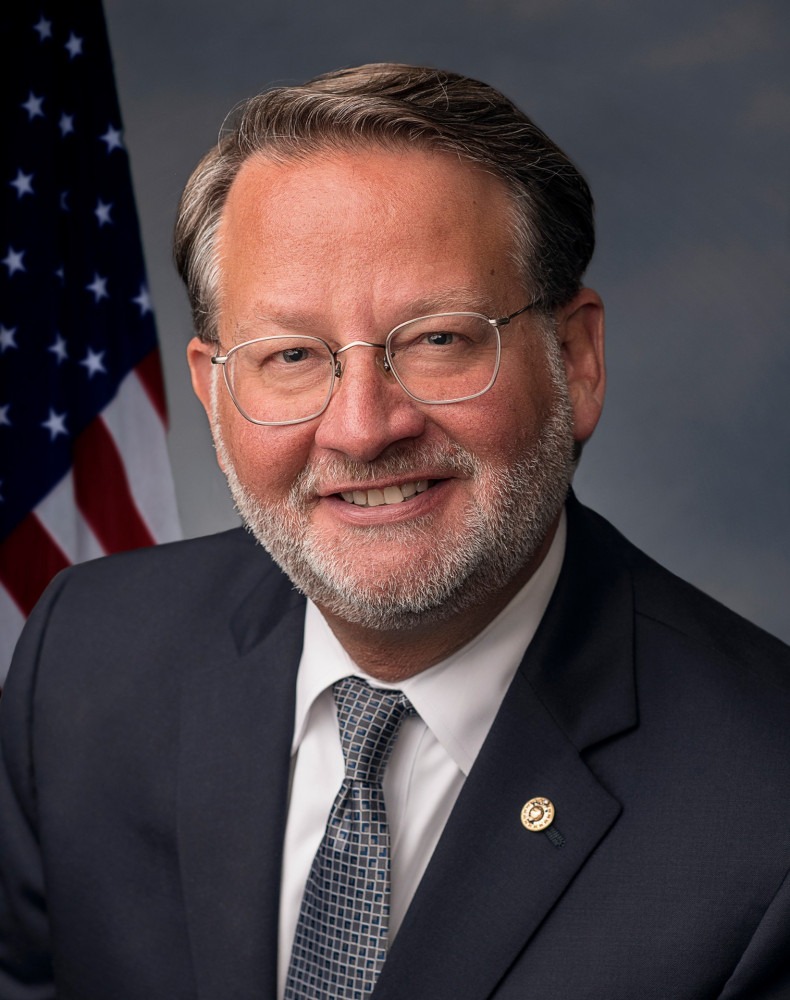
U.S. Sen. Gary Peters (D-MI), chairman of the Homeland Security and Governmental Affairs Committee, convened a hearing Wednesday to examine the country’s preparedness to deal with worsening natural disasters like floods, severe storms and wildfires.
Witnesses, and committee members discussed how Congress can improve preparedness for and response to the disasters, while strengthening the resiliency of the country’s infrastructure.
“Preparedness is becoming more and more important as we continue to see increasingly severe storms and weather events that create life-threatening situations, and cause serious damage to our communities,” Peters said during his opening statement. “Driven by climate change, these extreme storm, hurricanes, wildfires, and floods, are becoming more frequent, and more destructive every year.”
Jerry Hancock, executive director of the Michigan Stormwater Floodplain Association and Stormwater and Floodplain Programs Coordinator in Ann Arbor, Mich., testified how a loan program through the Safeguarding Tomorrow through Ongoing Risk Mitigation (STORM) Act, introduced by Peters and passed earlier this year, would impact communities in Michigan. The program helps states create revolving loan programs for local government to tackle mitigation projects that reduce the risk of shoreline erosion, extreme flooding and other natural disasters. Peters secured $500 million in funding as part of the infrastructure bill currently before the House.
“As we continue to see worsening natural disasters, and the dire consequences they have on our communities, we must take swift action to upgrade our infrastructure and ensure our roads, bridges, homes, and businesses, are resilient enough to withstand increasingly severe weather events,” Peters said.
Peters also asked witnesses how else the federal government could help first responders prepare for natural disasters made worse by climate change, and how the Federal Emergency Management Administration (FEMA), could work to provide more equitable disaster response for communities affected by disasters.

